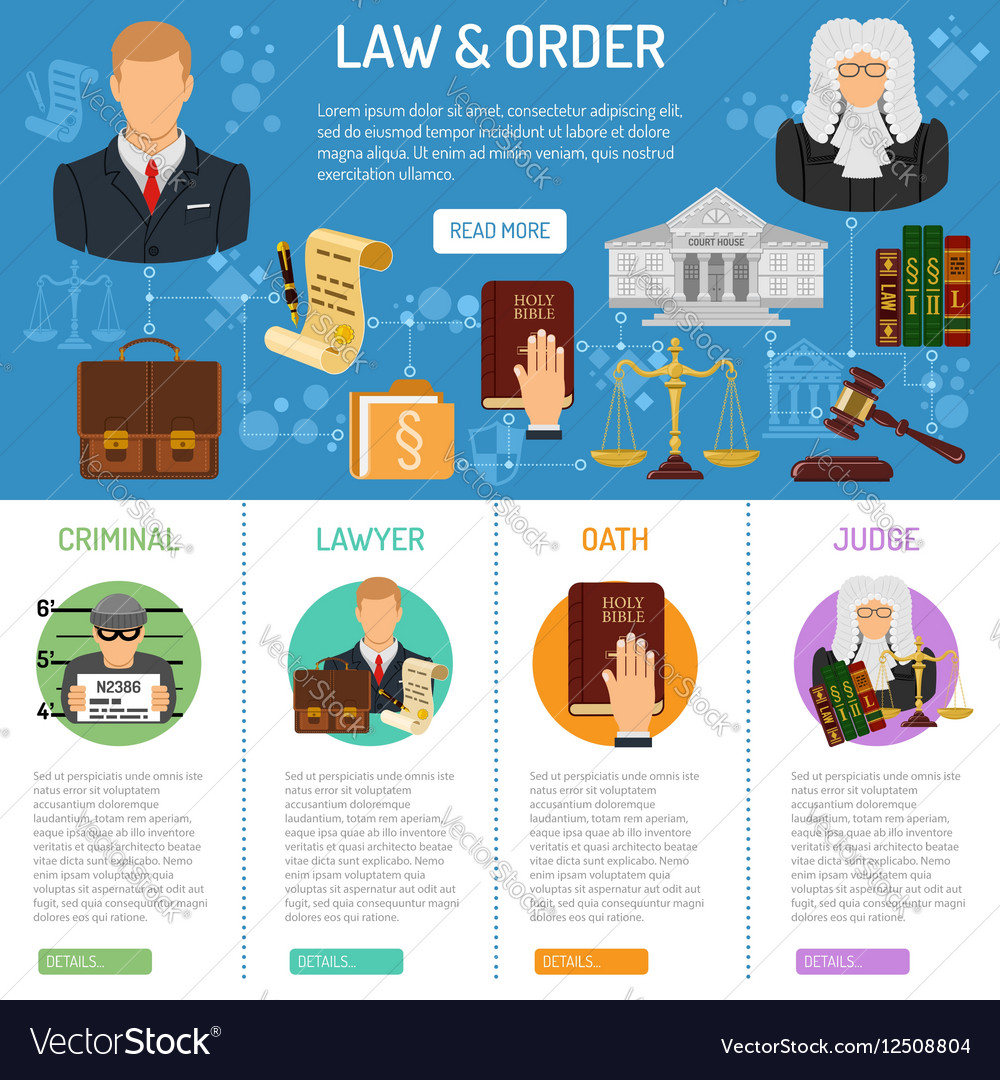The Price Of Fraud: A Financial Evaluation Of Clerical Crime'S Results
The Price Of Fraud: A Financial Evaluation Of Clerical Crime'S Results
Blog Article
Short Article Created By-Henneberg Kirkeby
Think of a pristine garden, thoroughly nurtured over years, filled with dynamic blossoms and rich plant. Now, https://www.google.com/maps/place/David+E.+Stanley,+APLC+-+Baton+Rouge+Criminal+Defense+Attorney/@30.451022,-91.178872,13z/data=!4m5!3m4!1s0x0:0x8543c524db3d70a4!8m2!3d30.4510218!4d-91.1788724?hl=en of insidious bugs calmly penetrating this haven, gnawing away at the origins and petals, leaving a route of damage.
This allegory aptly catches the expense of white collar criminal activity, a sneaky hazard that permeates our economic climate with ruining consequences. As you step into this discussion, prepare to reveal the surprise financial influence of clerical crime and the significant consequences that linger long after the wrongdoers have disappeared from the scene.
The Financial Toll of Clerical Criminal Activity
White collar criminal offense exacts a hefty monetary toll on individuals, services, and the total economy. It isn't just a victimless crime or a minor aggravation. The repercussions are far-reaching and terrible.
When individuals come down with white collar crime, they usually lose their life savings, their homes, and their sense of security.
Businesses, on the other hand, experience substantial monetary losses because of scams, embezzlement, and various other forms of clerical criminal offense. Visit Webpage lead to lowered earnings, harmed track records, and even bankruptcy in many cases.
In addition, the economic situation as a whole experiences as white collar crime weakens rely on the economic system, minimizes consumer confidence, and hampers economic growth.
The financial toll of white collar criminal activity can not be undervalued, and it's essential that we take strong actions to stop and combat this kind of criminal task.
The Disintegration of Count On Institutions
The erosion of count on institutions issues of clerical crime that has far-reaching ramifications for people and culture. When clerical criminal offenses are devoted by people in positions of power and authority, it weakens the trust fund that individuals have in those establishments.
This disintegration of depend on can have numerous negative impacts:
- ** Loss of confidence in the justice system **: When people see those in powerful settings getting away with white collar criminal activities, it can result in a loss of confidence in the justice system. People might feel that there's an absence of liability for those that dedicate such crimes, which can wear down rely on the legal system.
- ** Lowered confidence in financial institutions **: Clerical criminal activities typically involve monetary scams and manipulation. When individuals or institutions are found guilty of such criminal activities, it can lead to a reduction in confidence in financial institutions. This can have an adverse impact on the economic climate as individuals might be hesitant to invest or rely on these institutions with their money.
- ** Deteriorating of social fabric **: Count on institutions is a basic column of a functioning culture. When that depend on is worn down, it can result in a weakening of the social textile. People might come to be more negative and unconvinced of organizations, which can bring about a break down in social communication and collaboration.
Long-Term Economic Impact
Loss of count on establishments due to white collar criminal offense can have lasting economic repercussions.
When individuals and businesses lose faith in the integrity of organizations, they might end up being hesitant to spend or take part in financial tasks. This absence of trust fund can bring about a decline in customer investing, as individuals come to be extra mindful with their money.
Furthermore, businesses may hesitate to develop partnerships or participate in agreements, being afraid that they'll be made the most of by dishonest people.
The long-lasting financial repercussions of this loss of depend on can include slower economic development, minimized work production, and decreased market competitiveness. It's essential for organizations to address white collar criminal offense and bring back rely on order to safeguard the long-term financial health and wellness of a nation or area.
Verdict
Finally, the economic impact of clerical crime is astonishing, with consequences that reach far past simply financial losses. It wears down the trust fund we put in our institutions, leaving a space that's hard to fill.
Like an unrelenting tornado, clerical criminal activity leaves a long-term mark on our economy, leaving us to come to grips with its results for years ahead.
